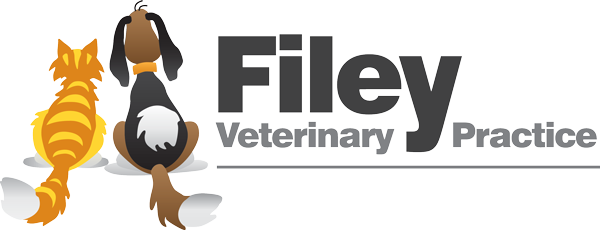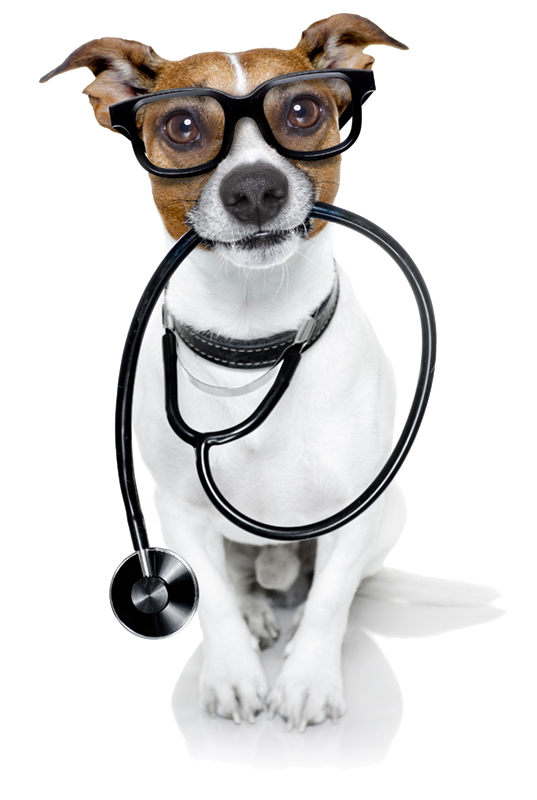Post-operative discharge instructions
After a General Anaesthetic or Sedation
Following an anaesthetic or sedation your pet may be quieter than usual, drowsy or unsettled for the first 24 hours. Keep them warm and comfortable and allow them to rest, don’t let other pets or children disturb them.
Anaesthesia usually involves placing a breathing tube in the windpipe and sometimes this can cause a little bit of irritation and a mild cough. This should resolve over a few days.
A small patch of hair may have been shaved from your pets legs or neck to allow us to collect blood samples or place a catheter into a vein for injections. If your pet still has a small bandage over their leg please remove this when you get home.
Sometimes clipping can make skin sore. Do not allow your pet to lick the area, as this will make it worse. In most cases irritation will resolve quickly without treatment but contact the surgery if you are concerned.
Feeding
Sometimes dogs and cats experience tummy upsets following sedation or anaesthesia. A small amount of water should be available as soon as you arrive home. Do not allow your pet to drink large amounts because this may cause vomiting. A normal amount of water should be provided from tomorrow morning.
We advise waiting 1-2 hours before food is offered. If you prefer you can feed a small bland meal this evening, for example boiled chicken, rice, scrambled egg or white fish. If you would prefer to buy a recovery pack of easily digested food, please ask. Alternatively feed half the amount of your pets normal food. Feed them as normal from tomorrow.
Vomiting and diarrhoea can be common. If this is mild and your pet is otherwise well, feed a bland diet and it should resolve without further treatment in 1-2 days. If you are concerned or your pet is unwell please contact the surgery.
Exercise
Dogs: Restrict exercise to lead walks only until after their final post op check, where stitches will be removed. Prevent them from running, going up and down stairs and jumping up. Toileting should also be done on a lead.
Cats: Keep cats indoors until after their final post op check or when stitches are removed. Prevent them from running or jumping. After castration keep cats indoors for one week.
Wounds
Please keep wounds clean and dry for 10 days. Do not bathe your pet or allow them to swim.
It is important that your pet does not lick their wound or dressing because this will transfer bacteria from their mouth, which is likely to cause infection of the wound.
Buster collars and body bandages should be used to prevent interference with wounds, especially when you are not directly supervising your pet.
If your pet has a bandage it is very important that this stays clean and dry. Please keep cats indoors. Use a waterproof cover when taking dogs out to the toilet. There is a separate sheet available with bandage care instructions.
Please check any visible surgical wounds daily. If you notice any problems with the wound such as swelling, redness or discharge, please telephone for an appointment. Bruising around the wound is common. Following castration in dogs, it is normal for the empty scrotum to swell.
Pain relief
Your pet has been given injections of pain relief before surgery and these will last for up to 24 hours. If necessary the vet will have prescribed oral pain relief medication for you to continue at home.
If you have any concerns you can telephone the surgery on 01723 513119 at any time
Filey Veterinary Practice

1 Station Avenue
Filey
YO14 9AH
01723 513119

